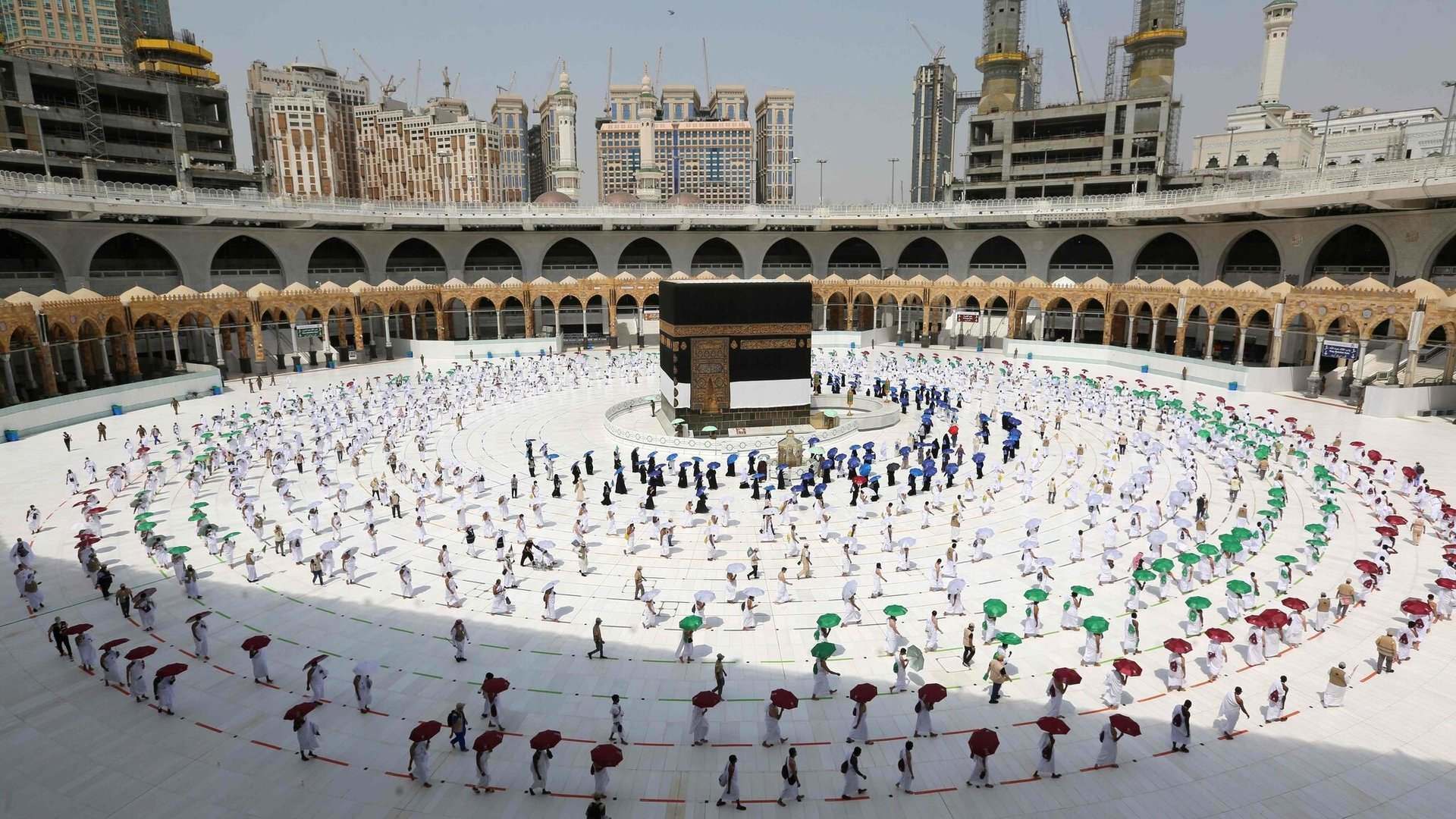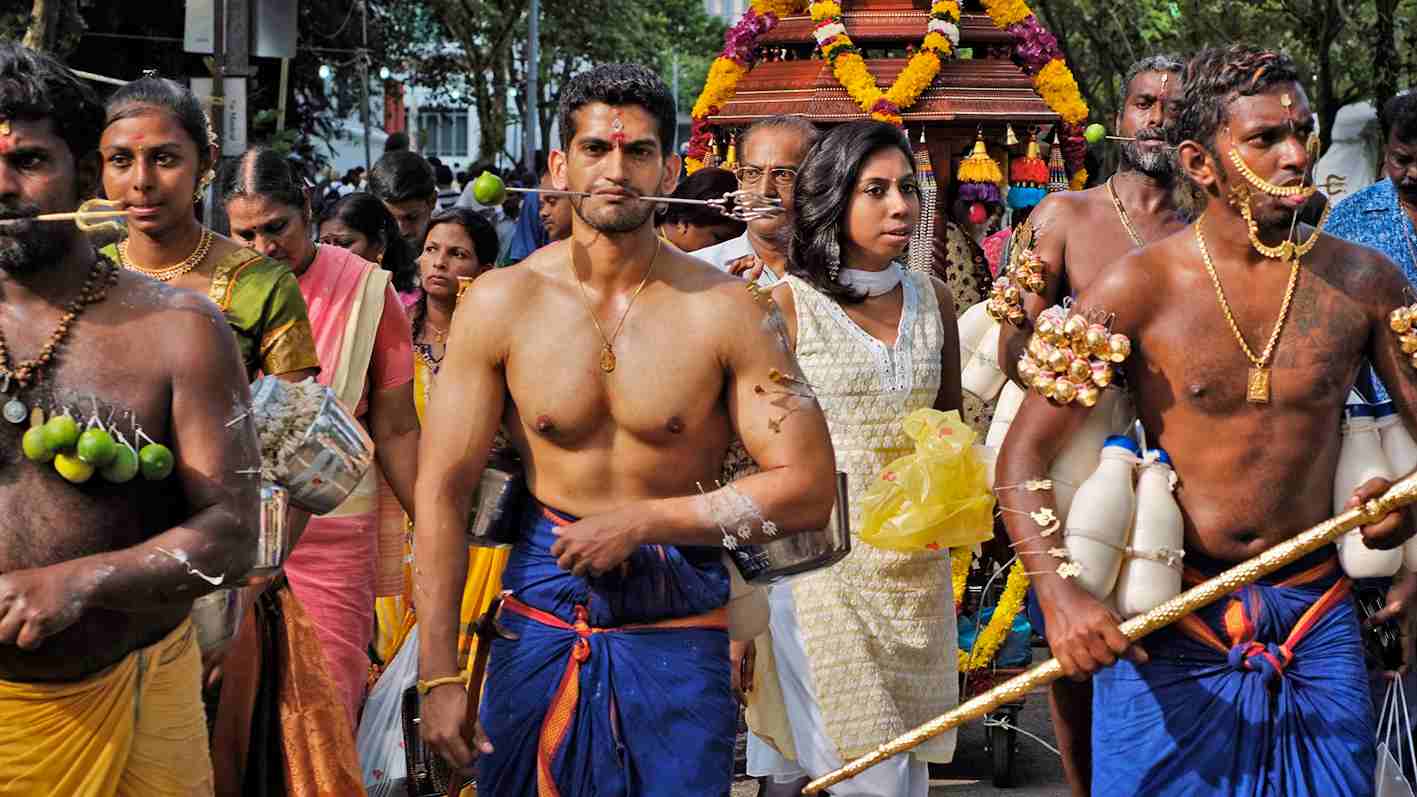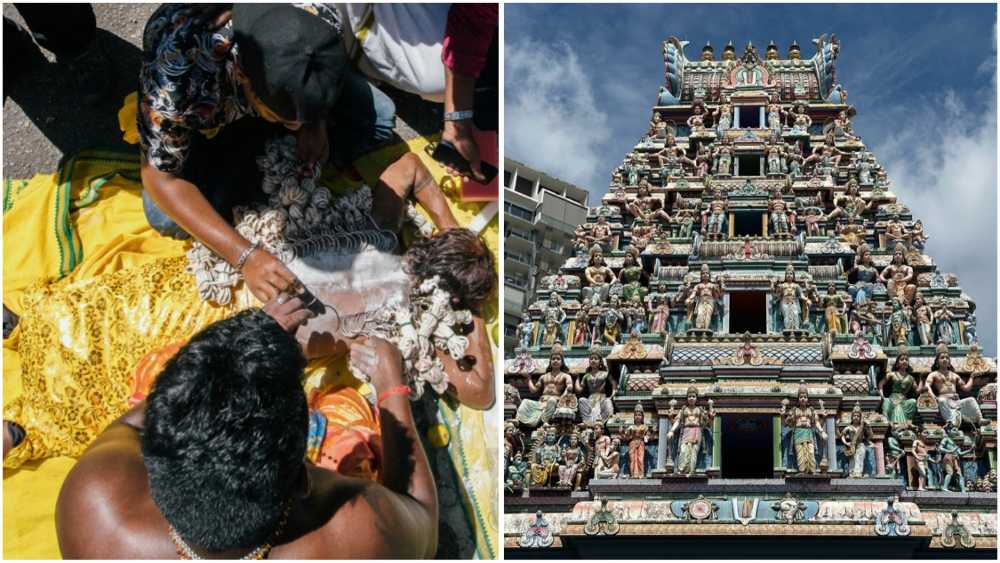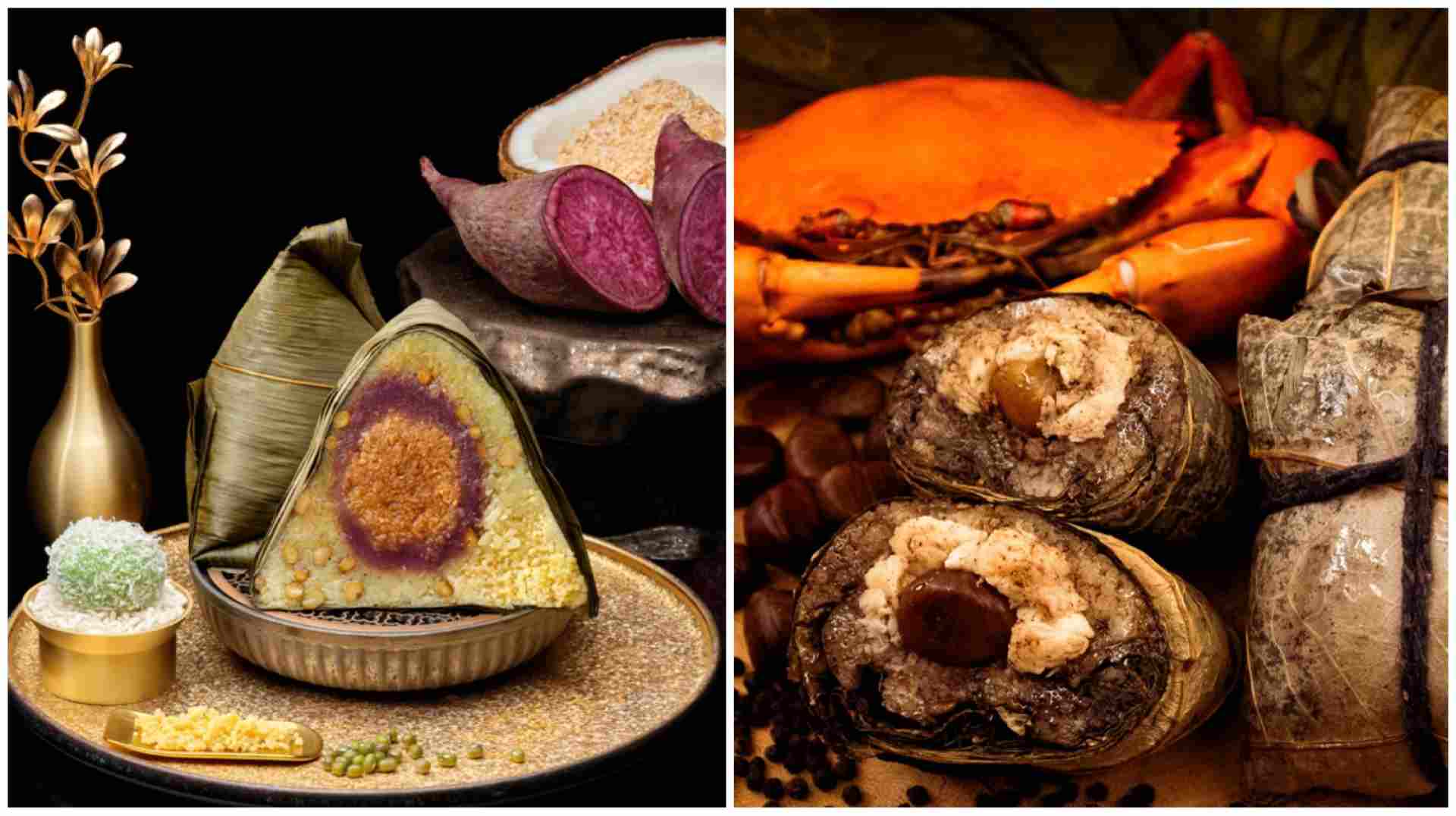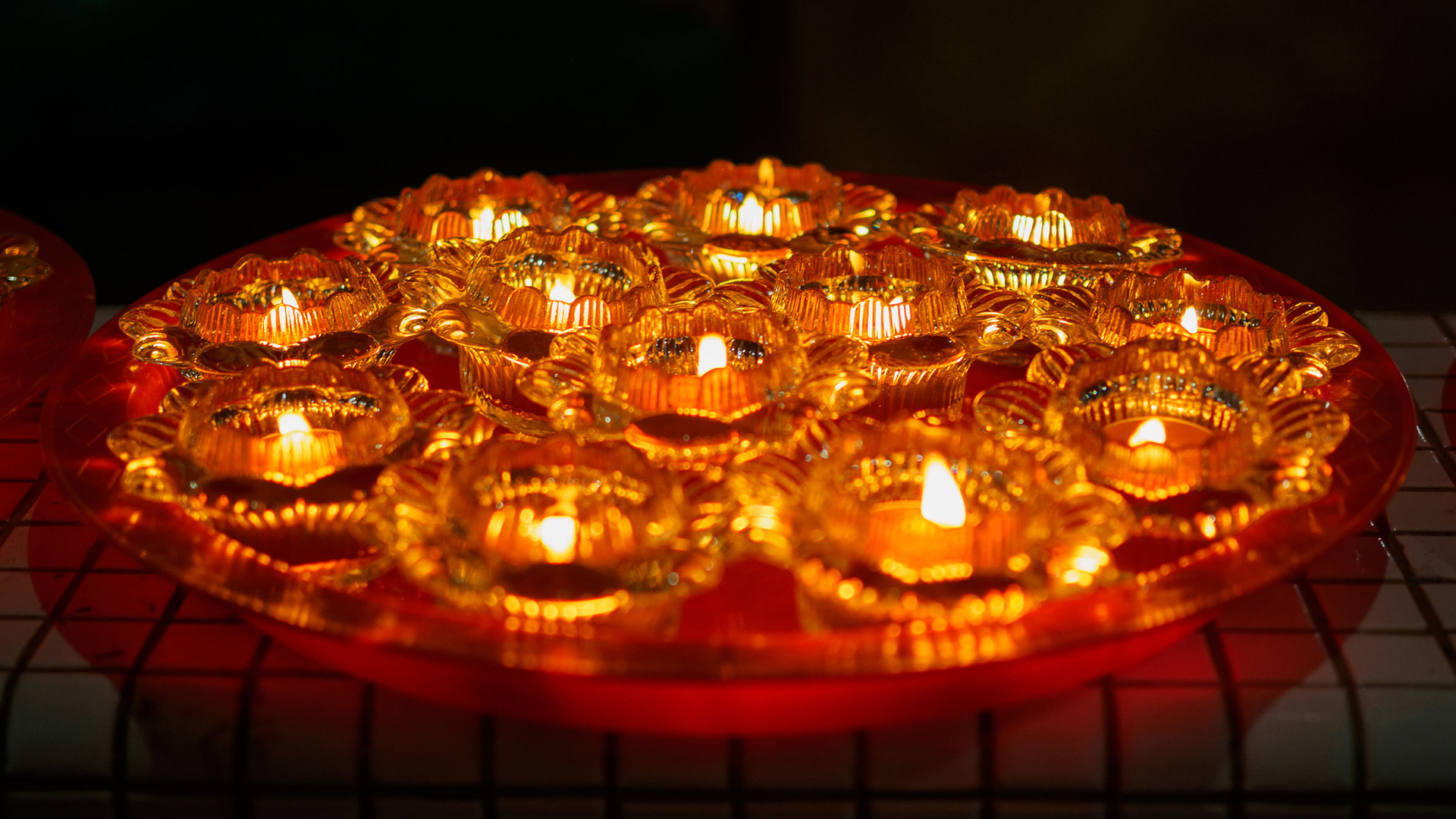Hari Raya Haji: What Is It And What's Modified This Year?
Hari Raya Haji is a significant date in the Islamic calendar. Also known as the "Festival of Sacrifice", it honours the Prophet Abraham’s willingness to sacrifice his son as an act of obedience to God and to recognise his faith.
However, like most celebrations, this year's occasion will be markedly different due to measures put in place by Phase 2. Let's take a look at the various changes that will take place on 31st July.
Mosques To Conduct Limited Hari Raya Haji Prayers
Muslims will be able to perform their Hari Raya Haji prayers at 65 mosques across Singapore according to the Islamic Religious Council of Singapore (MUIS).
With limited spaces and social distancing measures put it place, this will allow congregants to perform their Hari Raya prayers safely in three morning session. However, it is highly encouraged for families to conduct their prayers at home if they aren't able to secure a slot.
Modified Korbans
The commemoration of Hari Raya Haji is typically done by offering a sacrifice of livestock (called korban or qurban) which is then distributed to the poor and needy. It is usually performed in local mosques under strict guidelines by the Singapore Food Agency (SFA).
However with hygiene measures being strictly implemented due to COVID-19, no livestock will be imported to Singapore for the korban this year.
Instead, MUIS will be organising modified korbans that will be performed in Australia. The meat will then be chilled and shipped to Singapore for distribution. The meat obtained will still be distributed to low-income families.
For the latest updates on Wonderwall.sg, be sure to follow us on Facebook and Instagram. If you have a story idea for us, email us at [email protected].







